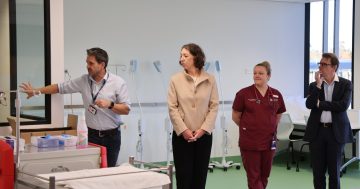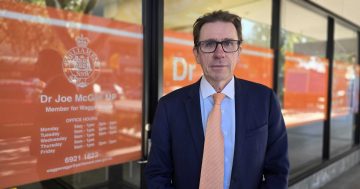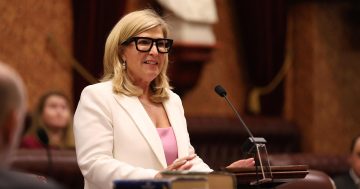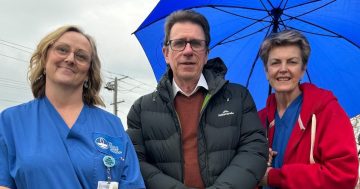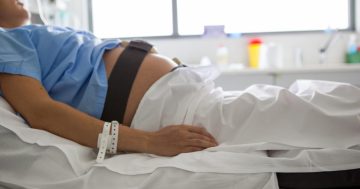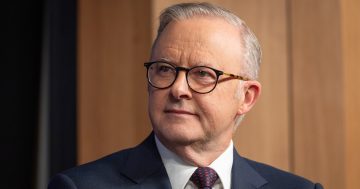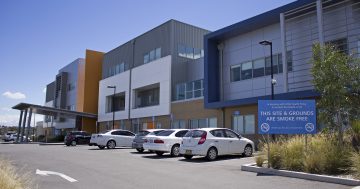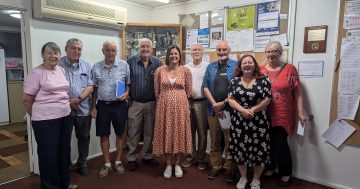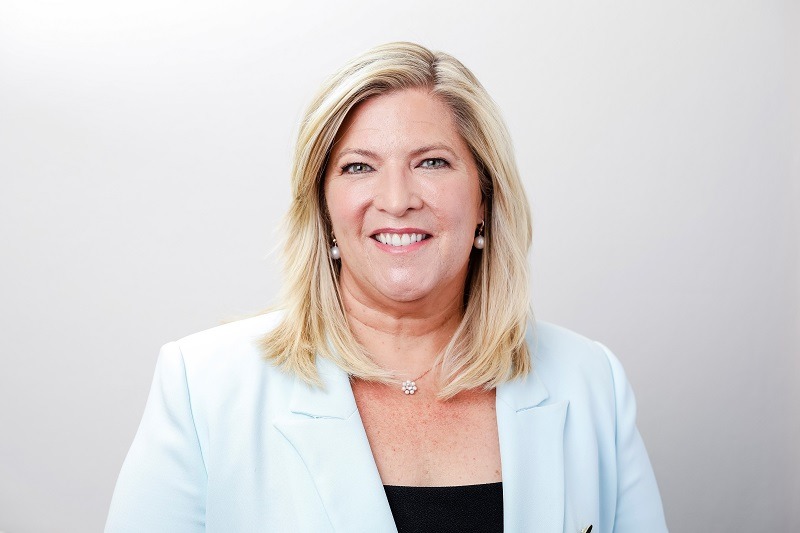
NSW Regional Health Minister Bronnie Taylor says she has not proposed a state takeover of GP services delivery. Photo: Supplied.
Two weeks after moving to Wagga, Sari woke up with severe pain in her chest and abdomen. An asthmatic with a range of ongoing health complications, she began calling local clinics to get an appointment with a GP.
After being told by five medical centres that they were not accepting new patients, she began desperately texting friends for recommendations and contemplated a trip to the Emergency Department.
Fortunately for Sari, the story has a happy ending and one of Wagga’s newest residents was able to find a doctor in Kooringal who was able to see her.
But it’s an all too common scenario in regional NSW, and one the state’s Regional Health Minister Bronnie Taylor says she is committed to resolving.
“Let’s take the politics out of health,” she told a NSW Country Mayors Association Regional Health Forum in Sydney this week.
Despite reports that she will push the Commonwealth to hand control of the delivery of GP services to the state, Ms Taylor says that problems with dual-management are part of a broader conversation.
“I talked about the need for there to be greater collaboration between the federal and the state government,” she clarifies.
“The federal government has the most control of in terms of the financial levers in primary health care. I’m not the first to say that the states are really good at service delivery.
“I didn’t refer to GPs specifically, but there was a lot of conversation about the shortage of GPs in the bush,” she says.
“But my sense has always been that for the person on the ground in our communities, they’re not interested in who funds things.”
In the wake of a damning NSW parliamentary inquiry into regional, rural and remote healthcare, Ms Taylor affirms she is committed to urgent action.
“I was a nurse for 20 years. What matters to me is the NSW health system being the absolute best it can be every single day.”
The report’s 22 findings did identify a disconnect between the Federal Government’s oversight of GP services and the state’s management of the public health system.
Throughout 15 hearings across regional NSW, the inquiry heard from dozens of witnesses who detailed months-long waiting times and poor patient experience.
The report urged the NSW Government to engage with the Commonwealth to “establish clear governance arrangements and a strategic plan” that would “improve doctor workforce issues”.
“It absolutely affects the way that we’re able to deliver our care,” Ms Taylor explains.
“I want to see more people on the ground, doing the actual care than I want to see people in offices and in rooms administering funding grants.
“I think these discussions need to be had and I’m really looking forward to working with the new government and progressing health care in the country.”
She says the first step in properly resourcing regional doctors is to ask them what they need.
“I think the first priority needs to be listening to the GPs themselves and what’s concerning them: why they are leaving areas and how we can support them better,” Ms Taylor says.
While the government is yet to release its formal response to the report, Ms Taylor says they are already acting.
“It was a recommendation from the inquiry to have a regional health minister,” she says in reference to her own newly created position.
“I’ve commissioned to have a Ministerial Advisory Council that will be announced soon, and we’ve been inundated with applications, which I think speaks volumes about the interest out there. But I’m very solution-focused.”
New Prime Minister Anthony Albanese confirmed this week that he will soon convene his first national cabinet meeting, and state and territory leaders have indicated that they will demand action to fix their health systems.
Increased hospital funding and higher Medicare rebates have been discussed to encourage bulk billing and take the pressure off hospital EDs.
“I really welcome what the Prime Minister is saying and particularly welcome what the incoming Labor Government has said about aged care. I think this is a very serious issue in our rural and regional communities,” Ms Taylor says.
She says that while there is no easy fix, she hopes all levels of government can work together for better health outcomes.
“There’s no one size fits all in terms of solutions or in terms of what might suit southern NSW may not suit western or northern.
“But I think it really helps being a registered nurse with 20 years experience because I know the system and I know the truth of things.”
The NSW Government was given six months from when the report was handed down in May 2022 to deliver a formal response.
The full report can be read here







